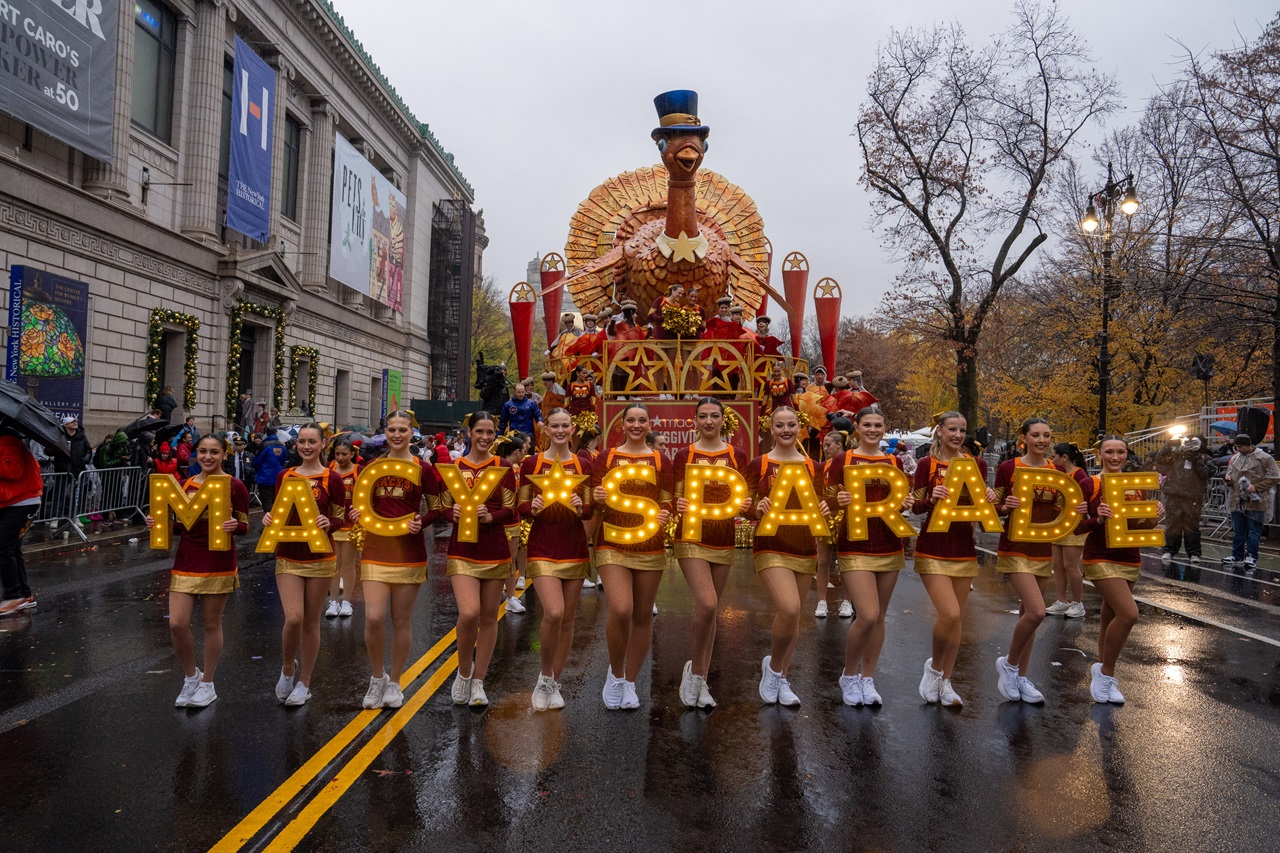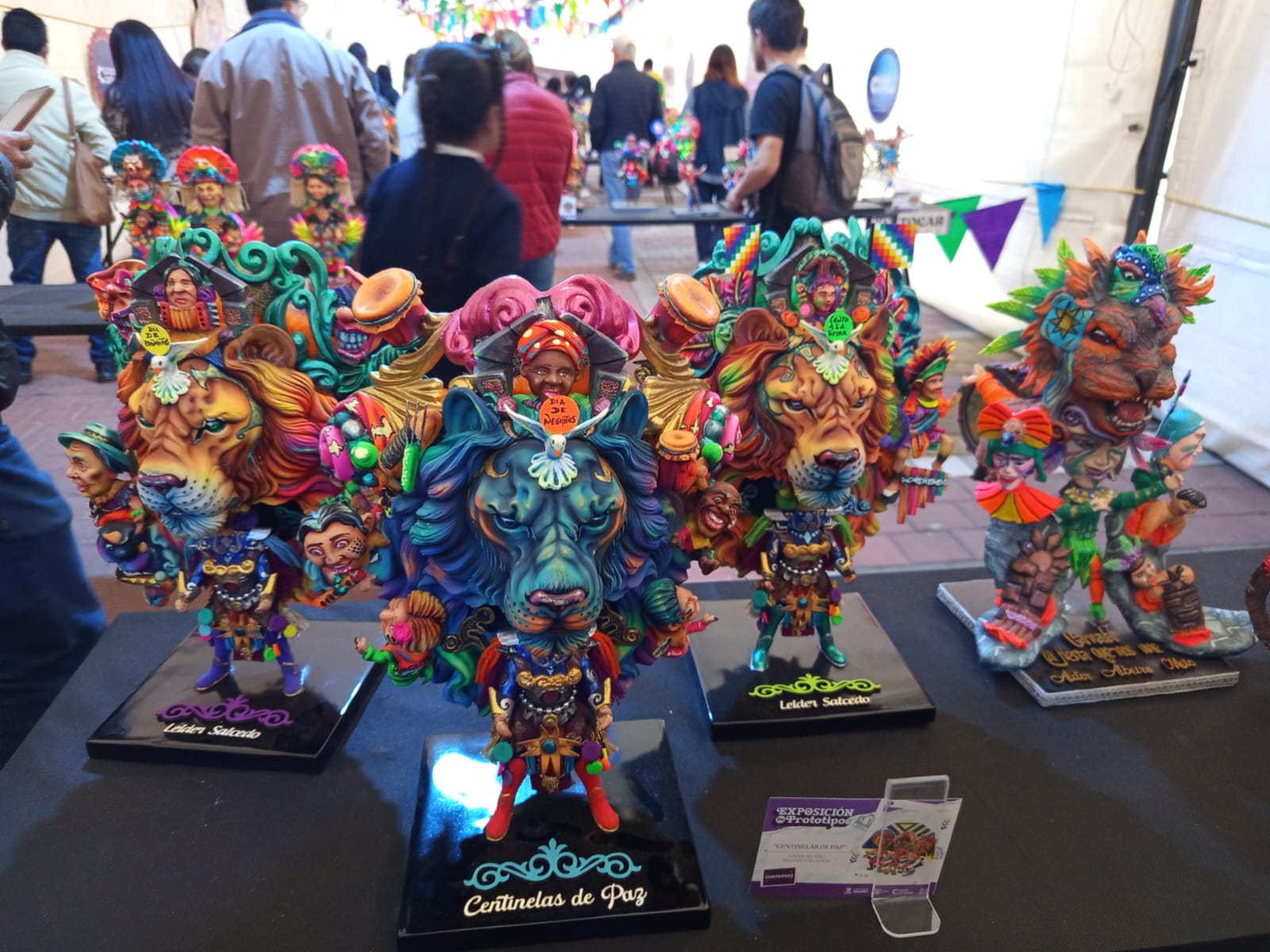
Addressing Anti-Blackness in Latino Culture Amid Emmy Nominations
The discussion about the right of the Latinx to a seat at the decision table and to a fair representation of the artistic world is long and frustrating.
The last Emmy Awards was just another evidence of a complex debate around identity.
There has been a lot of criticism about having “a seat at the table” in the Emmy’s for Latinx individuals.
Earlier in the week, the L.A. Times posted an article around the lack of diversity in this year’s Emmy nominees.
Quickly, Latino celebrities took to social media to back the article.
John Leguizamo, a white Colombian actor, and comedian, also took to Twitter to ask when the community would ‘get a piece of the pie.’
Why can’t we Latinx have a piece of the pie? We are the largest ethnic group in America and missing as if we didn’t exist! https://t.co/8xV6dJnvSM pic.twitter.com/ilDZqRLAEB
— John Leguizamo (@JohnLeguizamo) July 29, 2020
The numbers that were presented in the article do not look good. At first glance, many were also disappointed.
But most overlooked the Black Latino individuals winning Emmys, like Jharrel Jerome did last year as part of the limited series When They See Us, directed by Ava Duvernay.
It is important to realize when calling for more inclusivity and diversity, that one doesn’t exclude the Black Latinx community that is also fighting the good fight.
A producer named Dash Harris, who uses her voice on Twitter and has a docu-series about Latinx identity also educates those interested in anti-blackness in Latinx culture.
In a thread of comments, Harris addressed the L.A. Times article, John Leguizamo, and the continued racism within the Latino community.
CONTENIDO RELACIONADO
Two very OBVIOUS Black Latinx women on this thread supporting the antiblack envy of white & pale Latinxs who would never cast a Black Latinx in ANYTHING that they do or put us in tropes whining when Black folks DO actually get any shine. Typical. Y’all are so lost man. Lost.
— I said BLACK (@InADash) July 29, 2020
AL DÍA has covered Afro Latinos, and the anti-blackness they face from their own Latino community.
“Latino racial attitudes facilitate the erasure of Afro-Latinos. Under the homogenizing banner of ‘we Latinos are a syncretic racially-mixed single people’ known as “mestizaje” (racial mixture celebration), this attitude imagines Latinos as a mixed-race population without “true” Black people and in turn without anti-Black racism,” wrote contributor Tanya Kateri Hernandez. “However, this mythological tale of Latino racial tolerance gets disrupted when we listen to the narratives of Afro-Latinos who have been the victims of Latino discrimination.”
Now, for Leguizamo and the L.A. Times to ask for a “piece of the pie” is to try to piggyback off of the much-needed Black movements, and advancements the Black community has fought long and hard for.
They not only earned their slice, but also, should have more of it. This is anti-blackness in the Latino community (and anti blackness in America).
If you fail to see it, you are part of the problem.
This is just a skim of the surface of what anti-blackness is in the Latino community.
We cannot categorize Latinos under one umbrella because for so long white Latinos did and continue to want to separate themselves from their own.
Not to mention the fact that it would erase multiple identities.
We DO have representation, thanks to Black Latinos.










DEJE UN COMENTARIO:
¡Únete a la discusión! Deja un comentario.